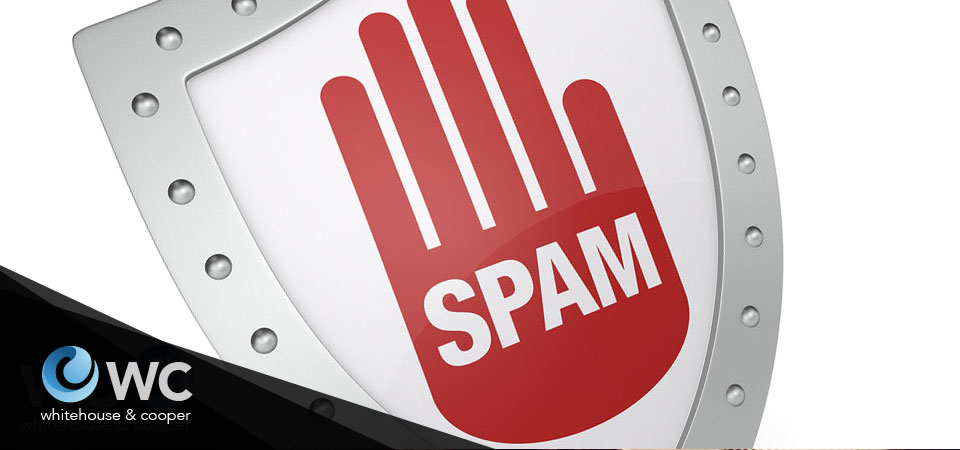
Beware of the Legal Pitfalls of Social Media
According to Pew Internet Project research, 73 percent of all Internet users are active social media users. Americans spend an average of 37 minutes per day on social media, making it the most popular Internet activity according to Business Insider. Not surprisingly, more than 1 million North American small to midsize businesses (SMBs) are using social media.
As more businesses dive headfirst into the social media pool, more and more legal questions are raised. Unfortunately, there is quite a bit of gray area and many laws related to social media remain unsettled. While major corporations have teams of lawyers to navigate the uncharted waters of social media, few SMBs and startups have that luxury. The legal pitfalls of social media could be costly.
Did you know:
If an employee shares your organization’s trade secrets or proprietary information on a social media platform, you could lose intellectual property rights, even if the employee does so inadvertently.
If you fire or discipline an employee based upon something they posted about their working conditions on social media, you could be in violation of the National Labor Relations Act.
Use of copyright-protected works on social media without permission could lead to infringement liability, even if they’re posted by a third party on your company page.
Laws against defamation apply to social media, and knowingly posting false or misleading statements that damage a person’s or entity’s reputation can result in a lawsuit.
Sharing customer or patient information, even in a positive light, could result in a compliance violation in regulated industries.
Social media posts can be used as evidence in employee discrimination and harassment disputes.
Like emails, social media posts are considered discoverable information and can be the subject of an e-Discovery request.
If an employee creates a social media account, acquires followers, connections or fans, and leaves the company, those contacts may belong to the employee.
Social media also presents a number of complicated “what if” scenarios:
What should you do if an employee designated as the administrator of a social media account leaves the company and takes control of the account?
What should you do if you’ve outsourced social media management to a third party and that company refuses to turn over control to you because of a financial dispute?
What should you do if you find out employees have been providing positive social media reviews of your product in order to artificially inflate your customer approval rating?
How liable is your company if social media users are subject to a scam that uses your company name?
There are dozens of other social media-related scenarios that could have legal consequences, and new scenarios are likely to emerge in the coming months and years as business use of social media grows and evolves. Organizations can deal directly with many of these issues by developing a formal social media policy. In the next post, we’ll discuss what factors to consider when creating a social media policy.





1 Comment
[…] a previous post, we discussed the most common social media pitfalls and “what if” scenarios that can cause […]